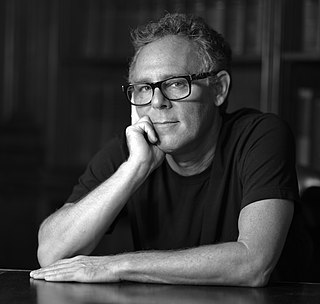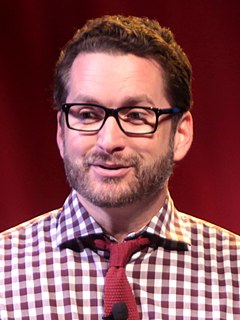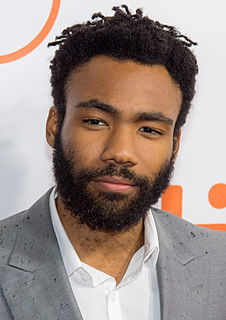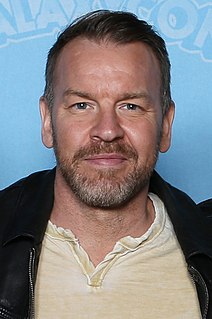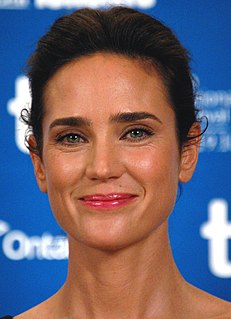A Quote by T. S. Eliot
I had seen birth and death but had thought they were different.
Related Quotes
But when I realized it was actually going to be this portrait of the artist, birth to death, I had to then discover who Margaret as a young woman would be. I had to find the different voices for her throughout her life. I had a lot of fun discovering that. I had a lot of fun writing the childhood sections. By imagining her childhood, I was able to come up with this voice that matures as she gets older.
It was really important to try to reach a whole new audience so we had a lot of people in who not only had not seen the last film but were not Star Trek fans, or thought of themselves as not being Star Trek fans, or they had seen bits and pieces of Star Trek in the past and it was just not for them.
That’s what death did, it treated you like a child, like everything you had ever thought and done and cared about was just a child’s game, to be crumpled up and thrown away when it was over. It didn’t matter. Death didn’t respect you. Death thought you were bullshit, and it wanted to make sure you knew it.
There was some sadness in how that could happen, Tai thought: falling out of love with something that had shaped you. Or even people who had? But if you didn't change at least a little, where were the passages of a life? Didn't learning, changing, sometimes mean letting go of what had once been seen as true?
We had a teacher, named Mr. Brown, and he was writing something on the board once - he was writing something on the board, and he farted. And you would have thought kids had seen the face of God. Kids weren't even laughing; they were just sitting there screaming, just screaming. Kids had to get carted out; kids were screaming. Kids had to get carted out, and they were going to the nurses' office. Kids are crying in the hallway. 'Oh, this is our 9/11.' And it was. It was their 9/11 'cause they never thought anything like that could ever happen.
I had no intention of replacing Arnold [Schwarzenegger]. There were a few things that made me want to do the movie. They were the script which had a different direction to it, and it was a chance to do a very different Quaid. I didn't read the short story until I went to college.Reading the story had a different effect on me of how I pictured him to be and the tone of the story was different. In the story, he's a bit more of an everyman.
When one existentially awakens from within, the relation of birth-and-death is not seen as a sequential change from the former to the latter. Rather, living as it is, is no more than dying, and at the same time there is no living separate from dying. This means that life itself is death and death itself is life. That is, we do not shift sequentially from birth to death, but undergo living-dying in each and every moment.
With The Brood, it was cool because it had the music, it had the different look and at the time reality-based characters were really starting to take the forefront as opposed to the cartoon character stuff that you'd seen in the past. We were already into the Attitude era. It was kind of a gimmick, but it was a cool gimmick. It wasn't corny.


